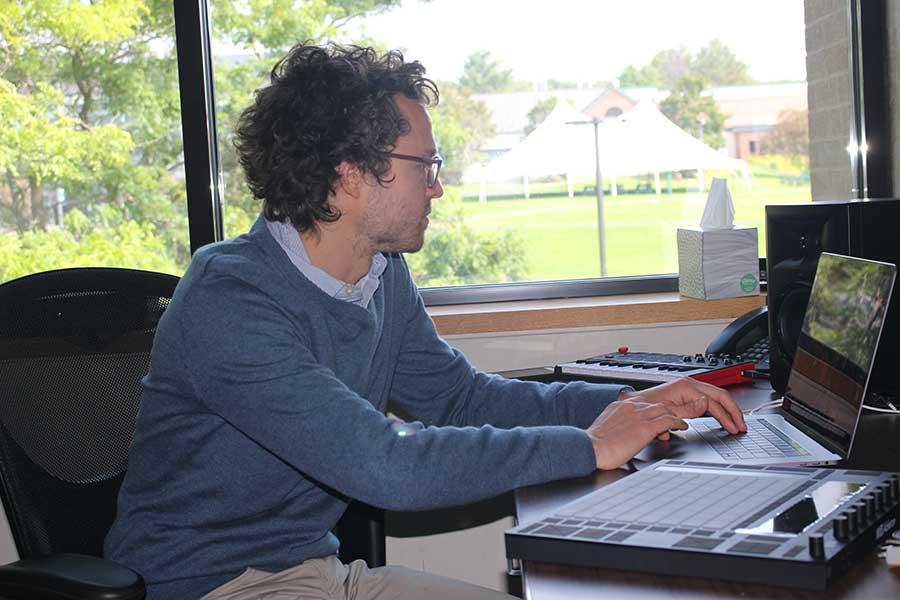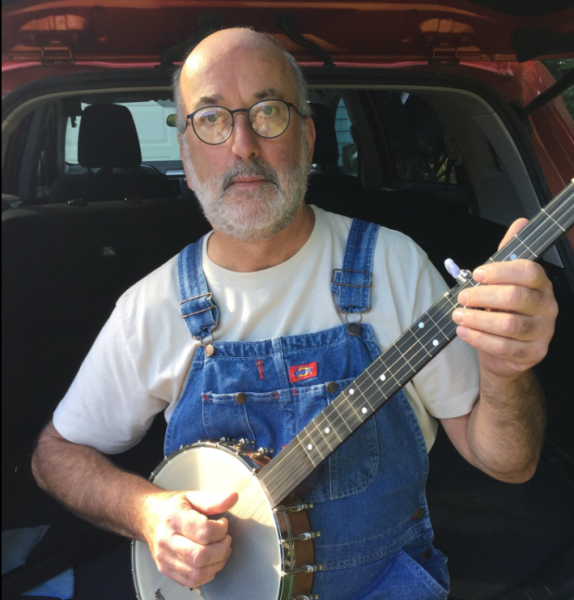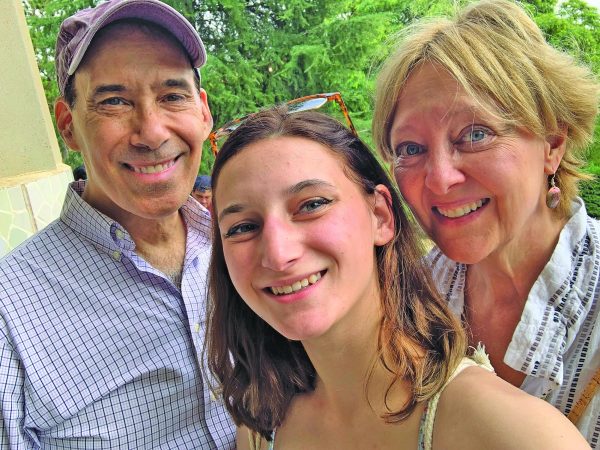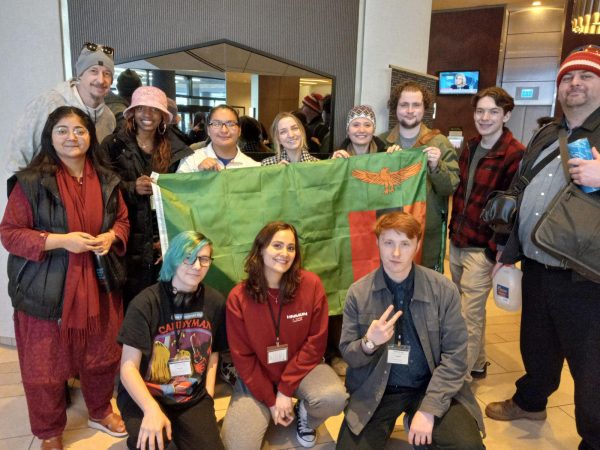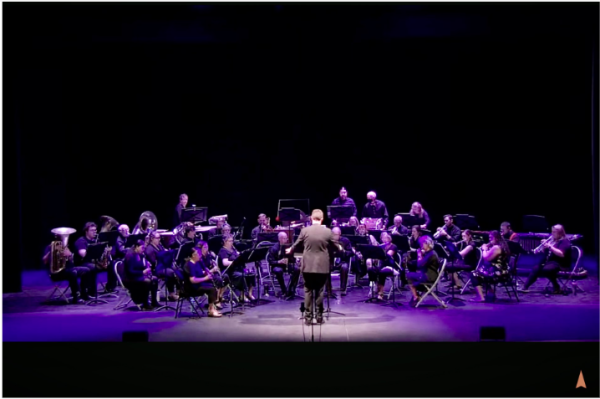Rito joins Fine and Performing Arts department
Justin Rito
In the middle of Dr. Justin Rito’s office stands a grand piano. On his desk are two large speakers, a soundboard, and a cup of coffee. It seems that Johnson’s new assistant professor of performing arts is settling in nicely.
Rito’s musical talents blossomed into a potential career path when he was young. “I always sang and messed around on the piano and wrote little things, but I started taking it seriously when I was in middle school,” he said. “Just through various life experiences, or whatever you would call it, I started writing songs and really started as a songwriter and then sort of turned to writing more I guess what we would consider traditional concert music.”
While he found his passion for music and composition at a younger age, Rito didn’t discover his love of teaching until college. “I really got a kick out of working with younger students—high school students I guess at that time when I was an undergrad—and seeing the growth and seeing their excitement when they realized that there’s this whole world of expressivity that can happen through music.”
Rito received his D.M.A. in Music Composition at Michigan State University, his M.A. is Music Theory at the University of Western Ontario, his M.M. in Music Composition at Central Michigan University, and his B.M. in Education at Alma College.
“I loved the small environment of my undergrad, which was a school that was just about the same size as Johnson State,” Rito said. “About 1300-1400 students, very residential, and sort of secluded and I really liked that. It was certainly not as beautiful as this place is, but it gave me the time to focus and really develop relationships with the people that were around me. I found that really beneficial looking back on it.”
Even though Rito enjoys running, hiking and the general outdoors, his attraction to JSC is deeper than its wild and beautiful surroundings. What impressed him most was the college’s student-centered approach.
“The thing about the community here is that it seems everybody is really dedicated to the student body, everybody is really dedicated to student growth, and everybody is really dedicated to whatever is best for the students that are they’re interacting with,” he said. “That’s a really cool thing. It doesn’t exist everywhere and it’s something I really wanted to be a part of.”
Rito’s eagerness came through clearly to his colleague, Bethany Plissey, assistant professor and co-chair of the fine arts and performing arts department. “He’s just very happy to be here and on board, and that dedication and that understanding of what our community is here is something that we found to be really valuable when making the decision to hire him,” she said. “There’s a lot about his connection with the other members of the community and how that was going to play out that really made him a positive choice for us. So, we’re very excited that he’s here.”
Rito is injecting some of that dedication and exuberance into what some may think of as a tired subject: music theory. “I would say that some of the old school traditional ways of teaching music theory can be pretty dry and he has managed to find a way to teach it so it’s not,” said Plissey. “So, he’s engaging the students from where they’re at and kind of going from the outside in, going from music as a whole and then diving into the theory that way, instead of learning things as separate little exercises independently. I think that that’s going to be very valuable and essential for our students to succeed.”
Rito appears to be far from a traditionalist with wide-ranging musical interests, both theoretical and performance-based. He is looking forward that comprehensive focus to his students.
“I’m a composer and I do a lot with improvisation and contemporary music, both performing and writing for ensembles and soloists, and there’s such an exciting world of new music happening out there,” Rito said. “To sort of bring a piece of that here would be really, really exciting.”
To do that, Rito is creating a challenging project. “I am working to start an improvisation contemporary ensemble,” he said. “So, broadly it will be an ensemble dedicated to performing music that is written recently and recently is a really broad term in music. Anything past the year 1950 is usually thought of as recently so it’s like 70 years now. ”
Rito notes that the challenging aspect of this ensemble is that it’s uncharted territory. “It’s something that hasn’t existed here yet, and so starting anything new anywhere in any situation is always sort of starting something while also teaching people what it even is,” he said. “Because it doesn’t exist yet it’s like you’re not just starting with a template that you’re filling in; you’re creating a template and then filling in the template.”
Ultimately, Rito hopes that he will be able to speak to people through music. “That seems so up in the clouds, but that’s really what I want to do,” he said. “I think it’s a really awesomely and endlessly communicative genre. There’s just no limit to what you can say and what you can do and who you can meet and the people that you can learn from by working with other musicians and with other artists and I find that really exciting.”
This semester he is teaching Music Theory I, Music Theory III, Aural Skills I, Aural Skills III Chorale, and Chamber Singers.


